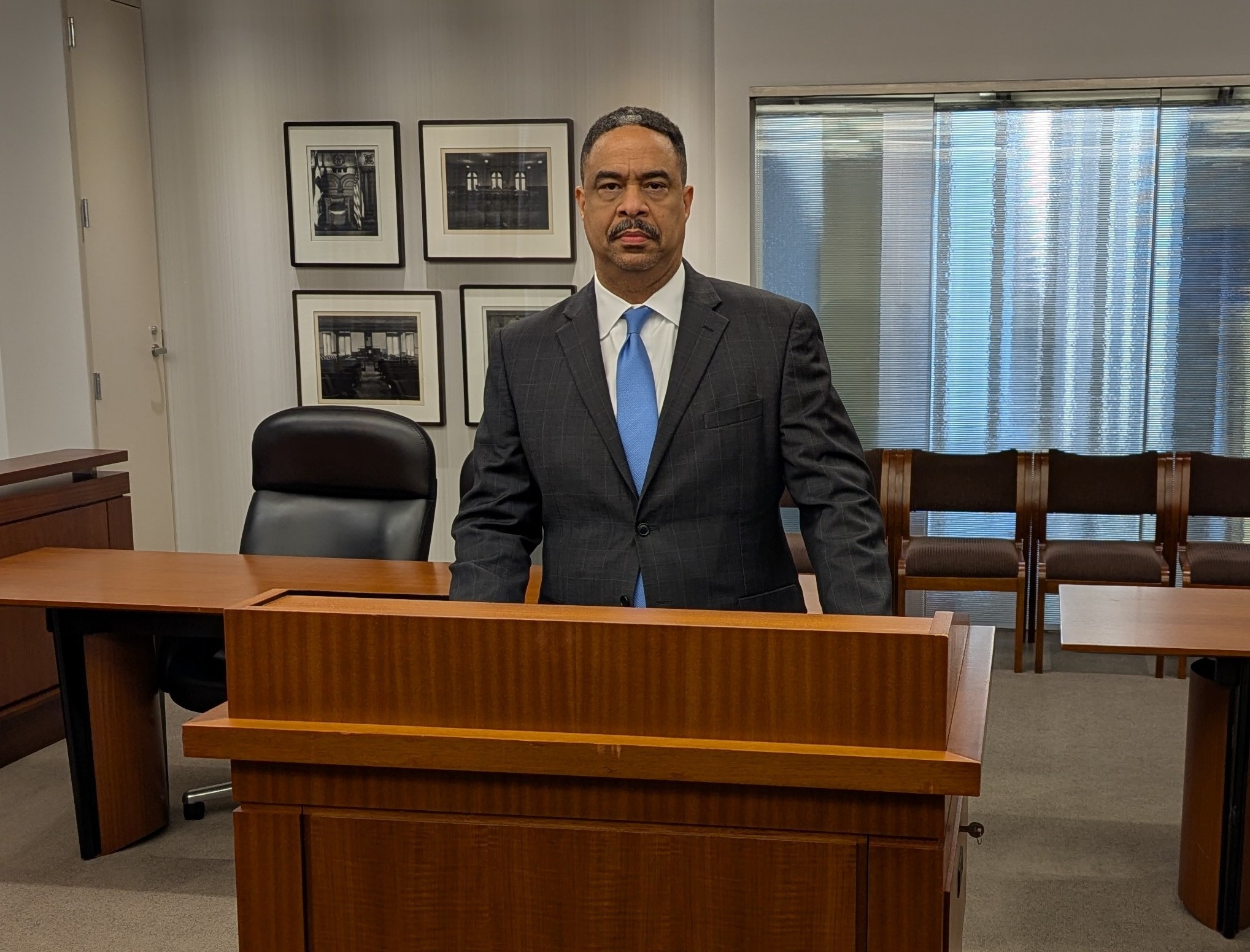Texas remains a focal point for white-collar litigation amid shifting priorities and an ever-changing enforcement landscape. The second Trump Administration has ushered in a new era, with lawyers across the state noting that healthcare fraud continues to dominate federal prosecutorial efforts, while immigration-related offenses, abuse of taxpayers and national security cases are also expected to get more attention. Enforcement priorities continue to evolve, as well, with the U.S. Department of Justice indicating recently a possible business-friendly shift in resources away from large-scale white-collar cases due to budget constraints.
The Texas Lawbook caught up with white-collar expert Jeff Vaden, a partner in Bracewell’s Houston office, about trends, the administration’s priorities, what they could mean for Texas and more. The following interview has been edited for length and clarity.
The Texas Lawbook: Let’s start by tackling the big elephant — What do the moves by President Donald Trump at DOJ and the FBI tell you?
Jeff Vaden: It tells me that the “norm,” for those of us that practice in the white-collar space, can be expected to shift. For federal prosecutors, both Assistant U.S. Attorneys and DOJ Trial Attorneys at “Main Justice” the priorities are refocused and organizational practices that have existed for many years are no longer how things are done. It also tells me that prosecutors are likely to be less aggressive in pursuing investigations with novel theories or that might be considered “political” for fear of being accused of “weaponizing” the Department. Prosecutors and federal agents may believe that the safest approach to doing your job is to do less and remain off the radar of DOJ or FBI leadership.
The Lawbook: How do the appointment selections for top positions at DOJ and the FBI in Washington impact decisions made by the U.S. Attorneys’ offices in SDTX, WDTX, NDTX and EDTX?
Vaden: The leadership at DOJ sets the policy and priorities, which impacts the focus and resources of the U.S. Attorneys’ offices. I think the FBI leadership generally has less of an impact on a U.S. Attorney’s Office. There is a symbiotic relationship between federal prosecutors and FBI agents because AUSAs are not the investigators, for the most part, and FBI special agents gather evidence and present investigations for prosecution, but can’t proceed without a prosecutor’s concurrence.

Photo courtesy of Bracewell
The Lawbook: What is the impact of the executive order on FCPA?
Vaden: So far, the impact has been the creation of uncertainty. It will likely take several months before the actual impact is known. DOJ FCPA enforcement actions have been a high profile and financially lucrative area for DOJ over the last 15-20 years. If the policy remains to focus on FCPA investigations that have cartel or border related link, I don’t believe that approach will spawn many viable investigation or prosecutions, at least not FCPA charges. I would not be surprised to see the “pause” in FCPA investigations to be lifted and a return what’s been the traditional pursuit of these investigations. Cartels, especially those that have been designated as foreign terrorist organizations, can be targeted with existing terrorism statutes, so using the FCPA is not necessary.
The Lawbook: What are other specific white-collar criminal activities that you think will be impacted by the Trump DOJ and FBI directives or policies?
Vaden: The enforcement of criminal immigration laws against corporate entities. While we’ve already seen immigration enforcement activity focusing on individuals, at some point a broader approach of targeting employers who hire workers in the country illegally seems like the next logical step.
The Lawbook: Are there any specific concerns you are hearing from the firm’s clients?
Vaden: I haven’t heard a lot of specific concerns, but some clients have questions about how an increased focused in immigration enforcement may impact their business and what compliance efforts or enhancements they should be undertaking.
The Lawbook: How do the staff cutbacks impact criminal investigations and prosecutions?
Vaden: They limit the ability of law enforcement agencies and prosecutors bring cases. If fewer agents are working on investigations or there are fewer prosecutors to handle them, everything slows down, or investigations languish. Eventually, fewer cases get filed.
The Lawbook: For the SDTX and other Texas districts, how will the Trump 2:0 policies on immigration impact Texas businesses and what advice are you giving your business clients regarding their criminal liability?
Vaden: Historically, the SDTX and the WDTX prosecute extremely large number of immigration cases, since both cover parts of the border with Mexico. The number of immigration cases should only increase, pursuant to more aggressive immigration enforcement policies. I’ve advised clients that they should examine their employee verification policies and practices to make sure their records, such as I-9s, are in order. I’ve also advised clients to prepare to respond appropriately if law enforcement shows up at their door.
The Lawbook: How do you think the IRS and tax-related investigations and prosecutions of businesses and business executives will be impacted by Trump 2.0?
Vaden: Again, the biggest impact might result from the cutting of staff at the IRS or other agencies that play a role in these investigations. I don’t get the sense that a policy shift in favor of tax evaders is coming, but that might be an unintended consequence of staffing cuts.
